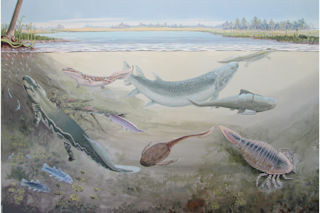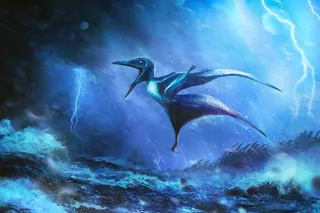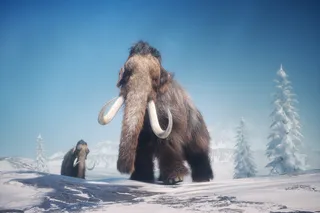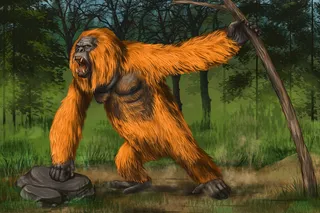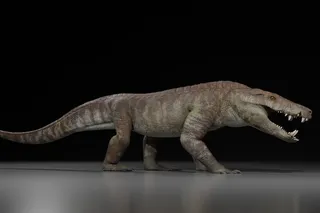As life was first struggling to set foot on land in the Late Devonian Period, there was a predator waiting to snatch it back to the depths: the recently discovered Hyneria udlezinye, a toothy prehistoric fish estimated to have reached up to 9 feet long.
It represents the largest monster fish yet uncovered from this period and appears to have lurked in the brackish waters of the modern-day Waterloo Farm site in South Africa, in wait for its prey. An excavation exposed a wall of fossils there in 2016, during road construction, and led to this and a number of other discoveries, including the fossil of an early tetrapod, the massive fish’s likely prey. These early genetic forebears of modern human resembled large salamanders or small alligators and walked on four feet (thus tetrapod).
Thanks to continental drift, the world was a different place some 360 million years ago, when ...


